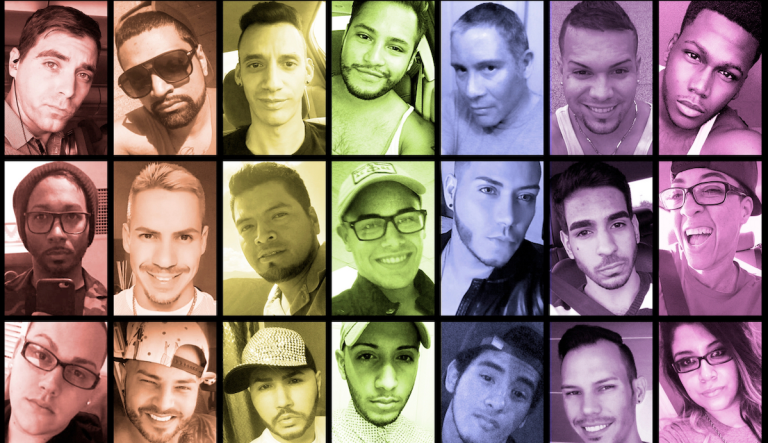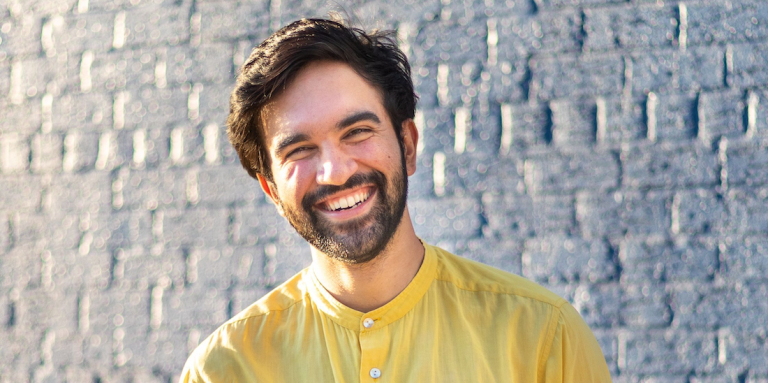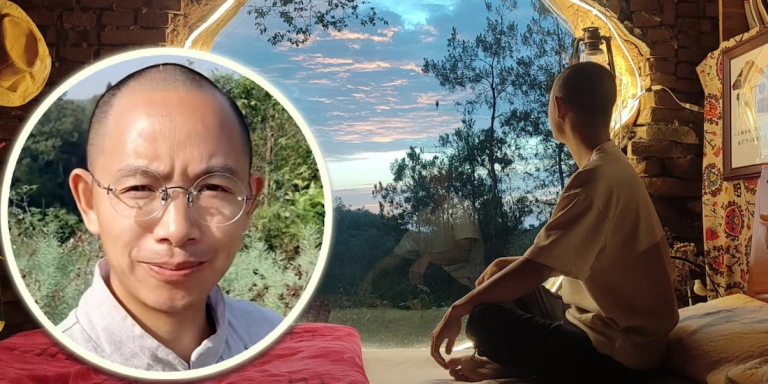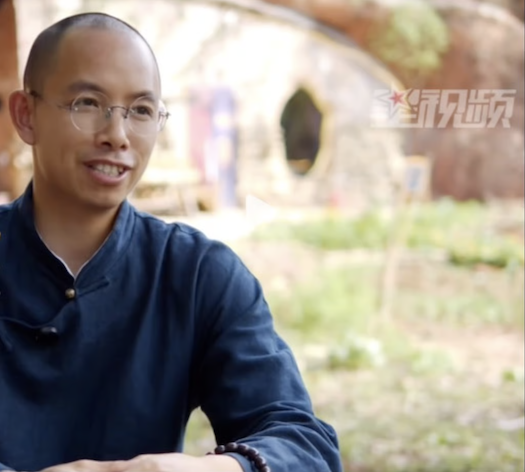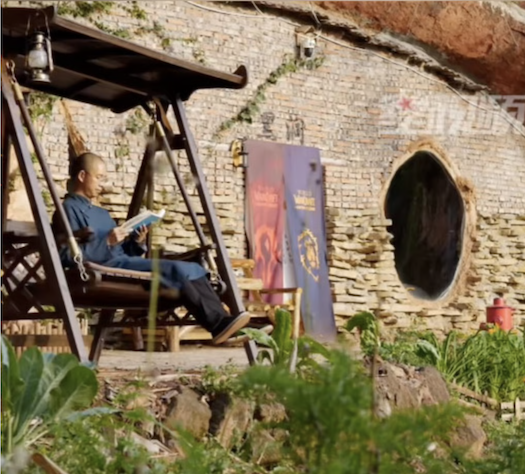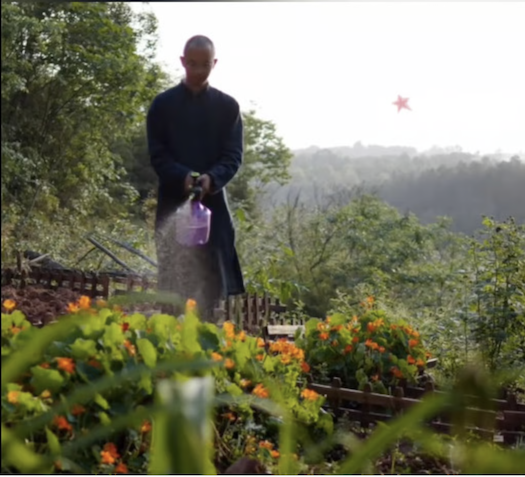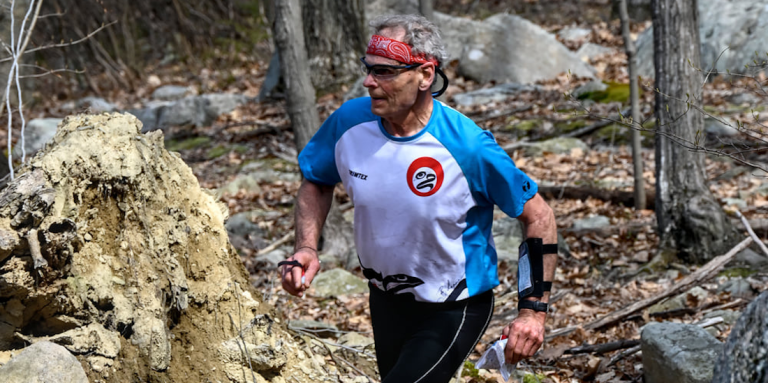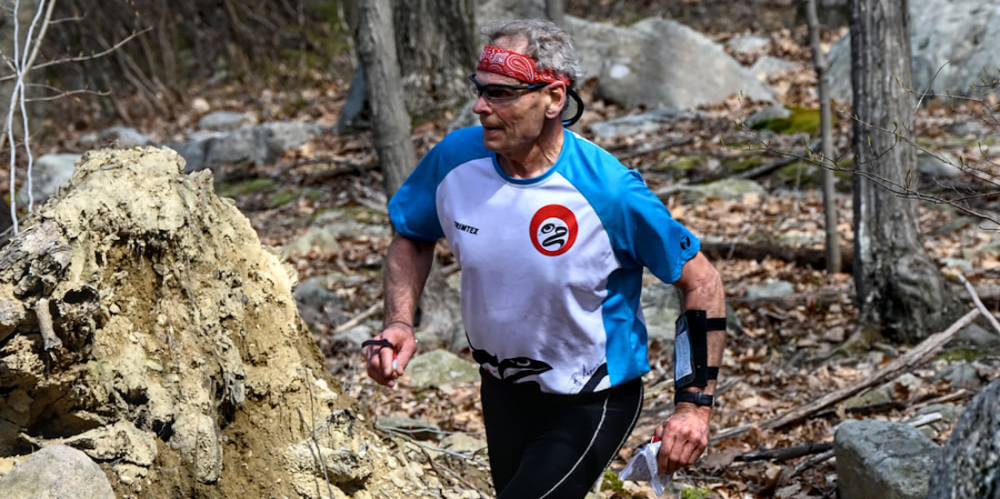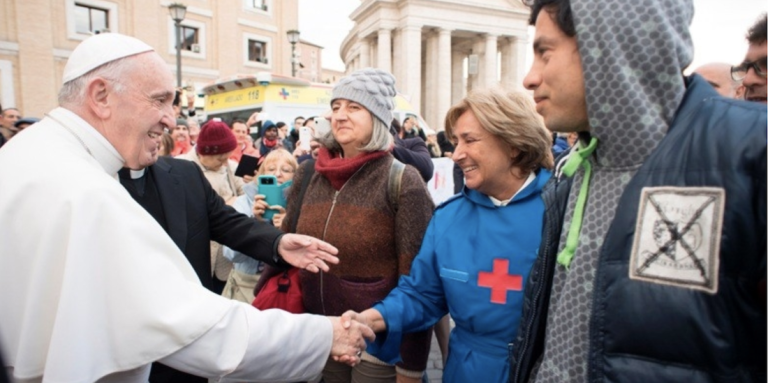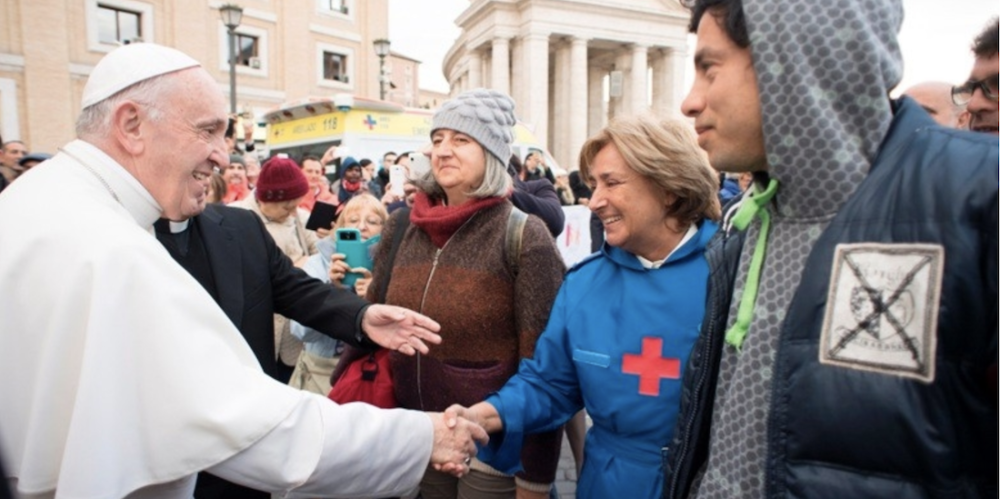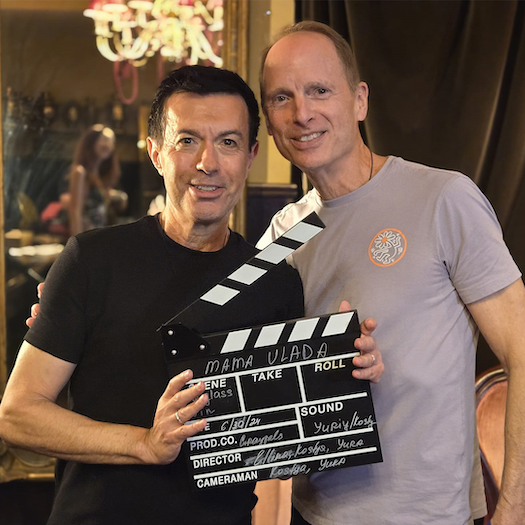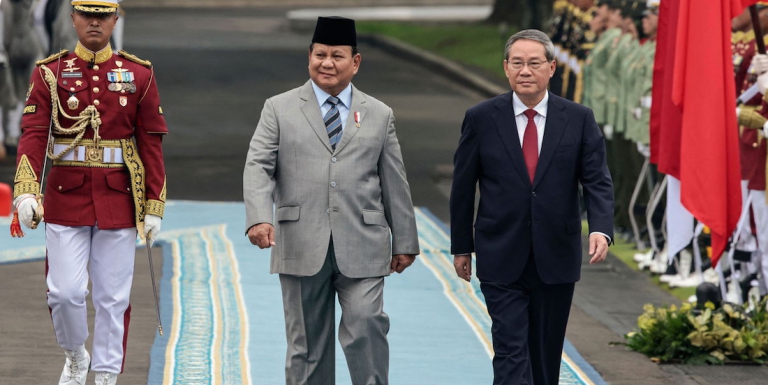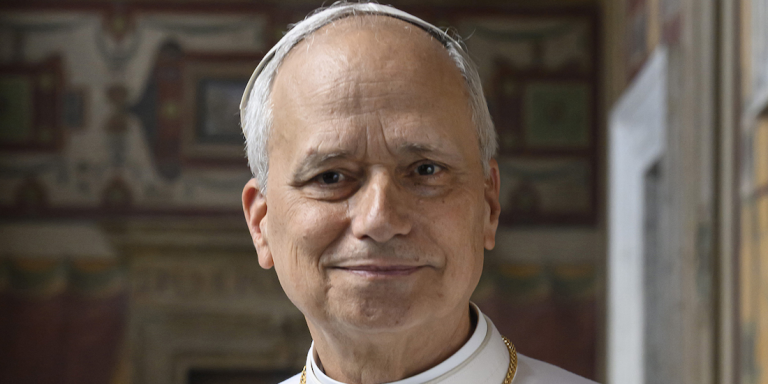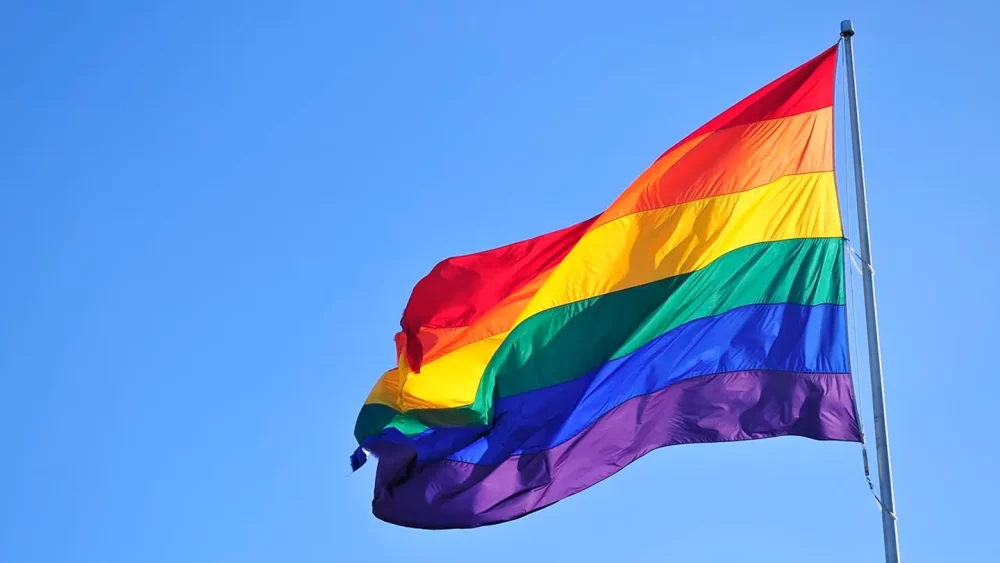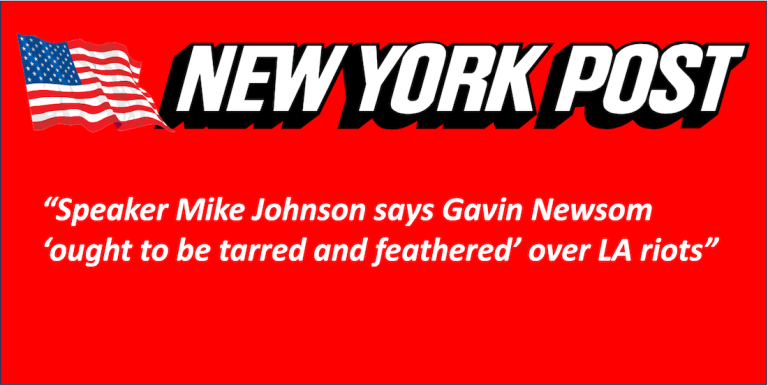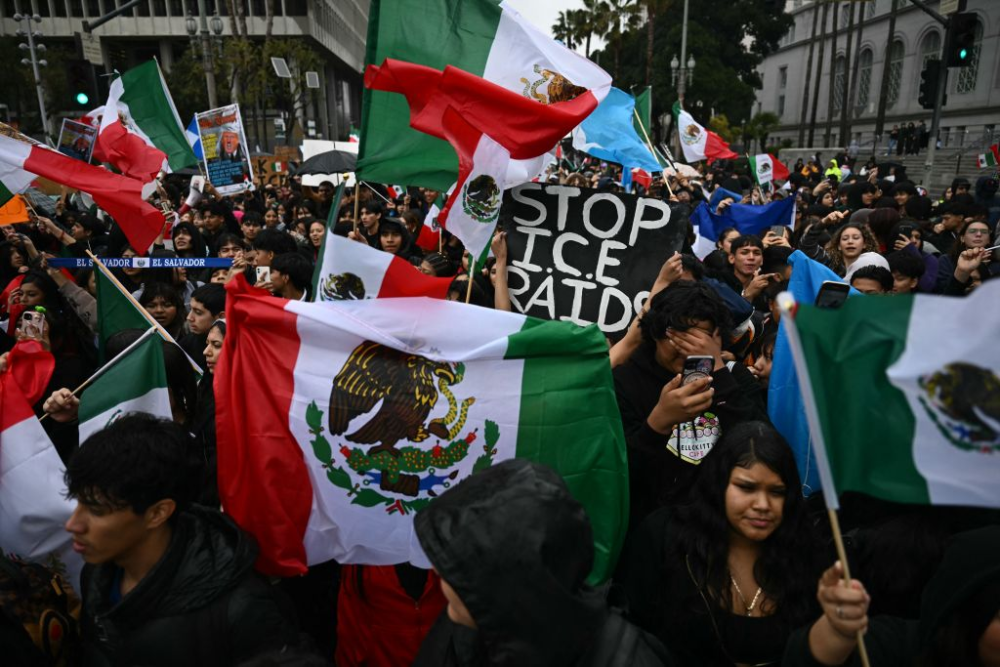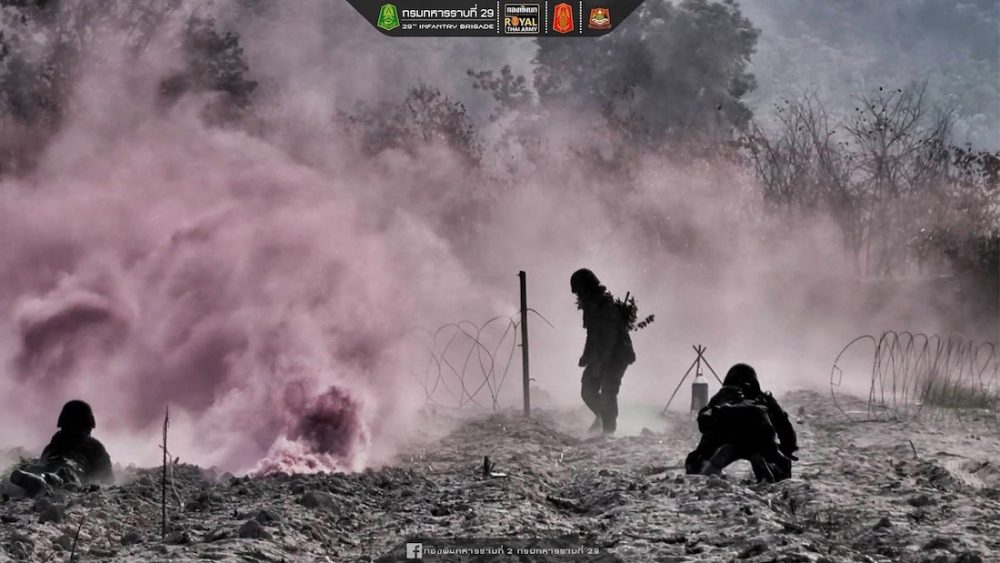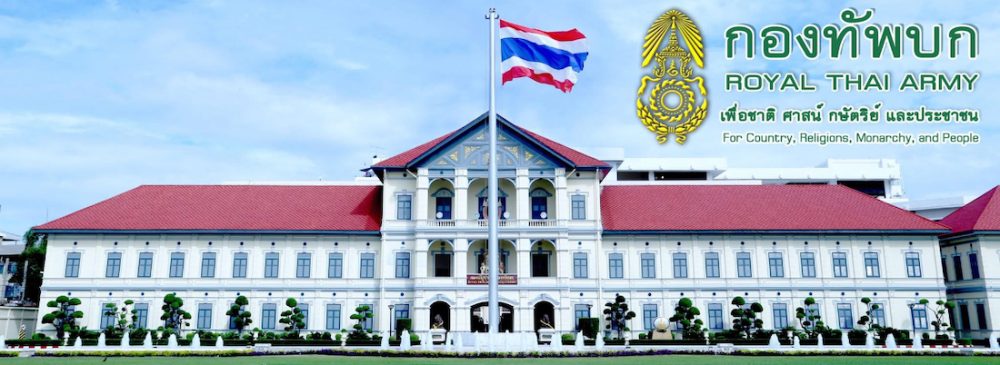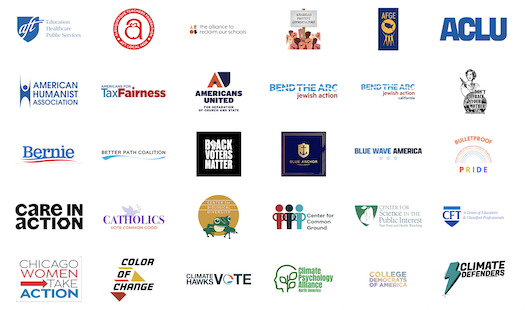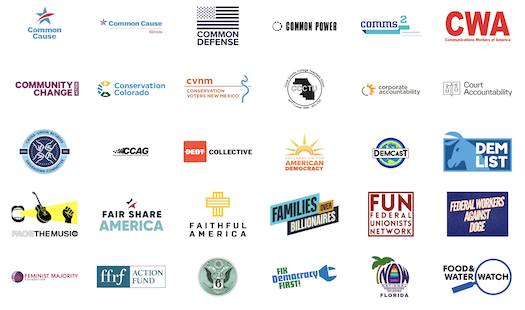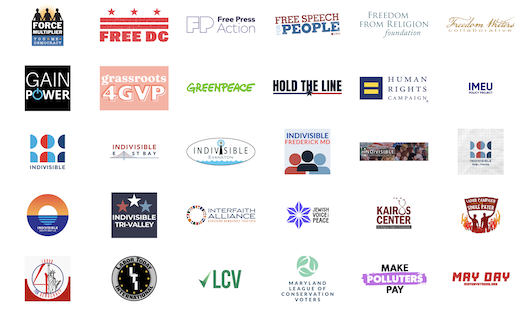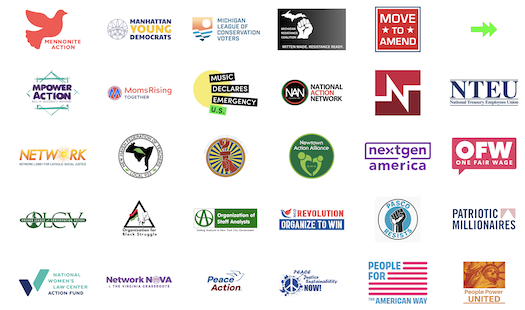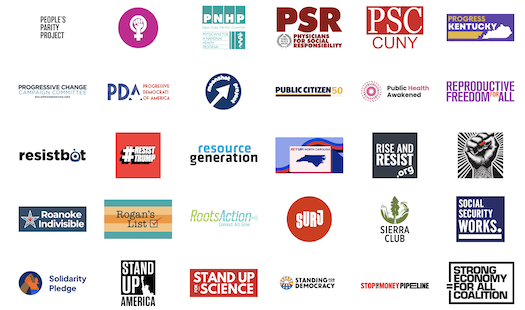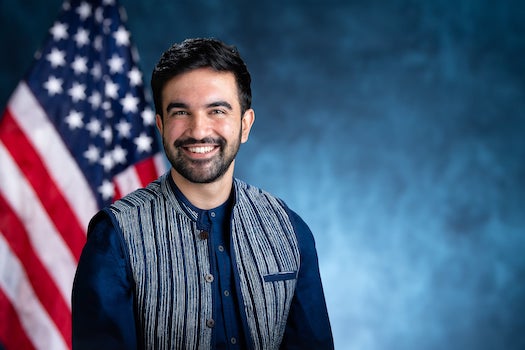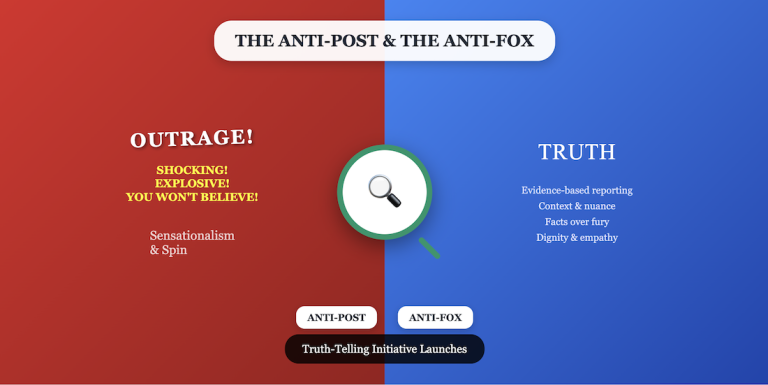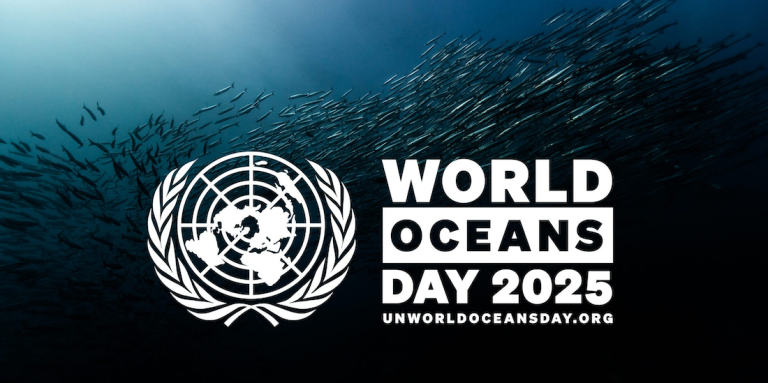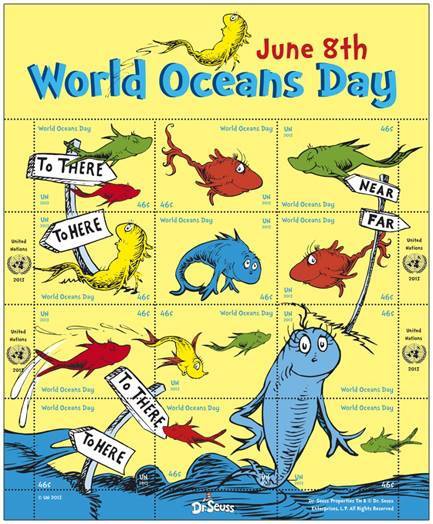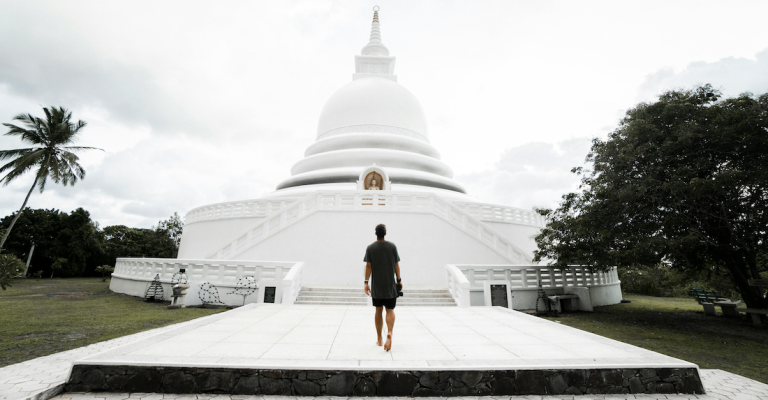Survivors and families unite in remembrance as nation supports LGBTQ+ community healing
New York, N.Y. – Eight years after the devastating attack at Pulse nightclub in Orlando, Florida, communities across the nation continue to honor the 49 lives lost while celebrating the remarkable resilience of survivors and the LGBTQ+ community. The June 12, 2016 shooting, which remains one of the deadliest mass shootings in U.S. history, has transformed into a powerful catalyst for unity, advocacy, and lasting change.
Survivors Lead the Way Forward
The strength demonstrated by Pulse survivors has become a beacon of hope for communities nationwide. Many survivors have channeled their experiences into advocacy work, mental health awareness, and community organizing. Organizations like onePULSE Foundation have worked tirelessly to ensure that the memory of those lost continues to inspire positive action and support for affected families.
“The healing process is ongoing, but what we’ve witnessed is the incredible power of community,” said advocates working with survivor support groups. The Orlando community has shown that tragedy can unite rather than divide, with interfaith groups, civic organizations, and businesses coming together to support those affected.
National Impact and Legislative Changes
The Pulse nightclub shooting sparked nationwide conversations about gun violence prevention, hate crimes, and the safety of LGBTQ+ venues. Several states have since implemented enhanced security measures for nightlife establishments and expanded hate crime legislation to provide better protection for marginalized communities.
Federal and state lawmakers have referenced the Pulse tragedy in discussions about comprehensive gun reform and the need for improved mental health resources. The incident highlighted the intersection of gun violence and targeted attacks against the LGBTQ+ community, leading to more nuanced policy discussions.
Community Healing and Memorial Efforts
The proposed Pulse Memorial & Museum represents the community’s commitment to honoring victims while educating future generations. The memorial design process has involved extensive community input, ensuring that the final tribute reflects the diverse voices of those affected by the tragedy.
Local Orlando organizations have established scholarship funds, support groups, and annual remembrance events that celebrate both the lives lost and the ongoing strength of the community. These initiatives have created lasting support networks that extend far beyond the initial crisis response.
LGBTQ+ Community Resilience
The aftermath of Pulse demonstrated the remarkable resilience of LGBTQ+ communities across the U.S. Nightclub owners nationwide implemented enhanced security protocols while maintaining welcoming environments. The tragedy also led to increased visibility for LGBTQ+ organizations and expanded community center programming.
Pride events following the shooting saw record attendance, with participants explicitly showing solidarity with the Pulse victims and survivors. This collective response reinforced the importance of safe spaces for LGBTQ+ individuals and the broader community’s commitment to protecting them.
Ongoing Support Systems
Mental health professionals specializing in trauma recovery have worked extensively with survivors, family members, and the broader Orlando community. These support systems have become models for other communities dealing with similar tragedies, emphasizing long-term care rather than short-term crisis response.
The onePULSE Foundation continues to provide resources for survivors while working to create educational programs that promote acceptance and understanding. Their efforts have reached schools, community centers, and organizations across the country.
Moving Forward Together
As communities remember the lives lost at Pulse, the focus remains on building a more inclusive and safer society. The tragedy has inspired countless acts of kindness, policy changes, and community initiatives that honor the memory of the 49 individuals who lost their lives.
The legacy of Pulse nightclub continues to influence discussions about creating safer spaces for all communities while maintaining the vibrant, welcoming atmosphere that makes these venues so important to LGBTQ+ culture. Through continued advocacy, remembrance, and community support, the spirit of those lost lives on in the ongoing fight for equality and acceptance.
Eight years after the Pulse nightclub shooting claimed 49 lives, communities across America continue honoring victims while supporting survivors. The Orlando tragedy sparked nationwide conversations about gun violence and LGBTQ+ safety, leading to enhanced security measures, expanded hate crime legislation, and strengthened community support systems. Survivors have become powerful advocates, while memorial efforts and ongoing support programs demonstrate remarkable community resilience and unity in the face of tragedy.
